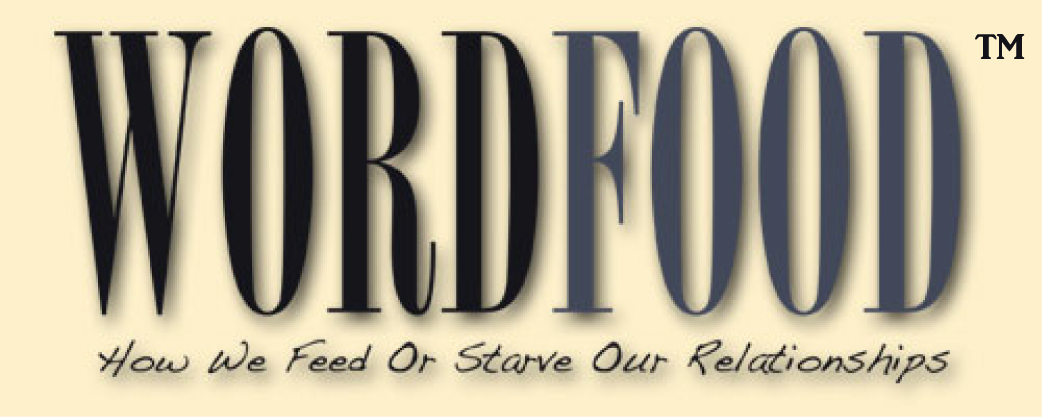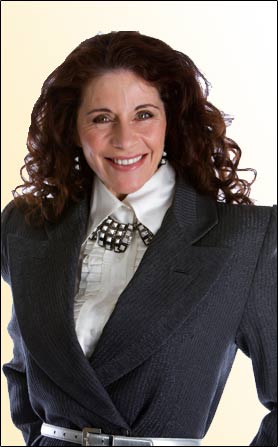Wars are started over petty insults, which small egos take as great offense, and pretty soon millions of lives are being lost over what amounts to nothing more than a stung sense of self. On a much smaller scale, every day the little wars we wage inside our families or in the confines of our lives take terrible tolls because we feel we are entitled to be treated as special.
“Don’t you know who I am?” We want to shout to an annoying customer service agent. To him, we’re just another rude customer. He’s thinking about lunch, and you’re between him and his Big Mac.
Several weeks ago I was at my riding stables, taking lessons in the big arena because rain had forced us inside. I was with my trainer at one end, where we had some room to work. Another trainer was setting up obstacles for her student. Suddenly the place was swarming with girls on their mounts, blocking my way, and I couldn’t work. The other trainer, in a voice dripping with condescension, told me that I “didn’t own the arena and would have to learn to share it with others.” The hair on the back of my neck prickled at the tone. I don’t mind learning the rules, I do mind, at 60, being spoken to like a 2 year old.
I later mentioned this to the head office, and indicated that if I were part of the problem, I would own it. However I didn’t care to be spoken to in such a way (hear: my tender ego was insulted). I followed up with an email to my contact about the situation, which instead of going to her, the trainer in question got it. That trainer sent me a tart, even more condescending note that said that I should get there early, and if I needed help with my tack, I could ask for help, both of which were unnecessary swipes at my skill level. Since a simple conversation with my trainer would have told her that I am there an hour in advance of my lessons and that I not only own my own tack and am quite competent at setting up my horse, these insults could have been prevented.
I wrote, rewrote, and rewrote a response four times before I deleted it. Then I bought some tack at the store where I had been referred to this outfit, and did my due diligence. I found out that she does this to everybody and that her father is exactly the same way. So was mine. In other words, she probably got plenty of condescension growing up, and this is just how she vents. It’s not about me. It’s just what she does. A little research reveals a great deal of how much we share with others if we’re not looking to make ourselves right. It’s so tempting to make it all about us, when it’s not.
So the other day some confusion caused me to lose half an hour of lesson and she stood in to give me my other half hour. After a sharply worded start, she did an excellent job of providing skills training. She softened as we worked, and gave me terrific guidance. She asked personal questions and related her points to what I do to give them meaning. She went out of her way to provide value. In fact she gave me another 35 minutes, which was as close to an apology as I would ever get. This is a proud, strong woman, the kind of woman I am normally drawn to as a friend. That door is now open.
As we walked back to the tack room I expressed my appreciation for the extra time and the excellent training. And I meant it. We’re now fine. When we can see the wide horizon of a situation and see ourselves in it, it’s much easier to let go of the need to be right. And in that path lies peace.

